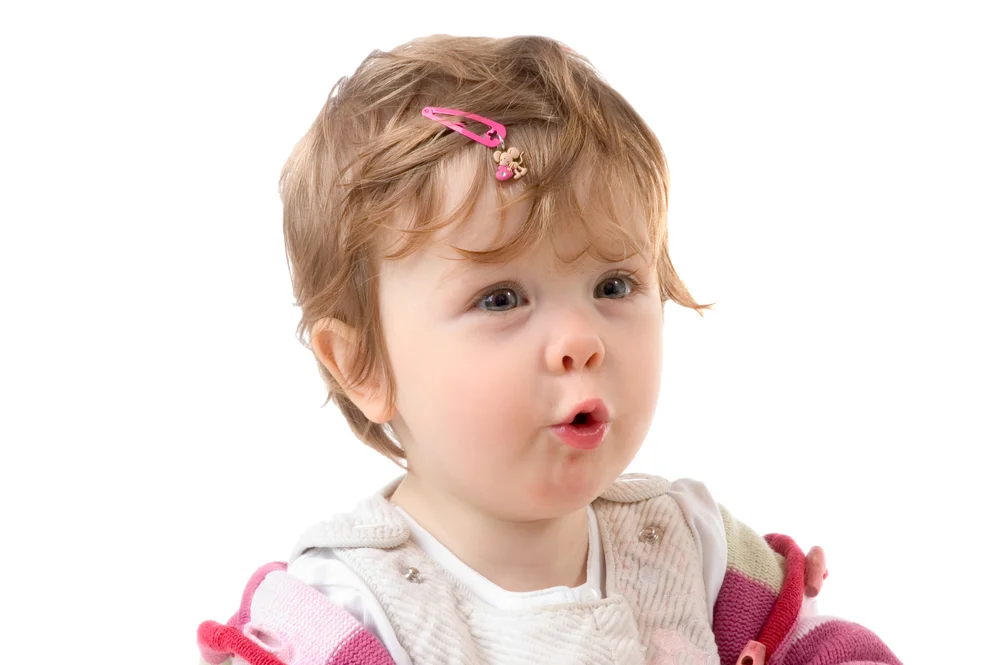Are You Talking To Your Child Too Much?
I have spent a lot of time instructing parents to talk to their children, especially young children; to narrate their lives, and to give them lots of information. While I stand by this guidance, I feel the need to qualify this suggestion with words of caution about talking to children too much.
As the director of a nursery school, I continually reminded teachers to talk less. Without that direction, staff could easily fall into a constant barrage of praise and “do’s and don'ts" to their students with little space for children to think. The same thing can happen with families when parents are providing constant feedback, both positive and negative, about every move their child makes.
By now everyone is familiar with the term "helicopter" parent, a word first used in 1969 which became an official dictionary entry in 2011, that refers to an over-involved parent. This is the mother or father who basically shadows a child directing their every action — hovering.
When a parent provides continuous commentary on the behavior of a child, there are several common outcomes. One, the child becomes stressed over such constant scrutiny, two, the child feeling overloaded begins to tune out the parent and or three, the child becomes dependent on the constant feedback and doesn't function well without it. None of these outcomes help support healthy emotional growth.
My advice to parents is to make an "economy of words" your goal. Instead of making a statement like, "we don't have time to go to the playground today" then adding lots of reasons why, filling in all the blanks about how your child might feel about it, then adding a lengthy apology, just state a simple version of the fact and let it be. Give your child space to process and ask questions. However, in answering them, keep it simple. This approach is harder than it looks. And even I, who has lots of practice talking to children, sometimes struggle to keep it simple.
I recently witnessed a parent over-speak to her toddler while the young child decided which slide of the double slide to go down. The parent encouraged the child to go down the slide, and when she didn't, the adult began a lengthy narrative about why she wasn't going down. "You are scared" "You can't decide" "Maybe this slide is too high for you" and on and on and on. The child appeared overwhelmed not just at the prospect of going down the slide but with processing all the commentary coming her way.
Like so much of parenting the concept of balance plays a huge role in how it should be approached. For example, routines and schedules are important, but so is flexibility. Preparing children for upcoming events is a good idea until too much information, too far in advance, creates anxiety and confusion. Narrating a child's experience is vital to develop language and build vocabulary, but it can be taken too far.
So yes, talk to children but be sure to allow space for children to think and process information. And instead of always projecting your thoughts and emotions on an experience, be sure to ask them what their perceptions are. Listening is just as important as talking.







